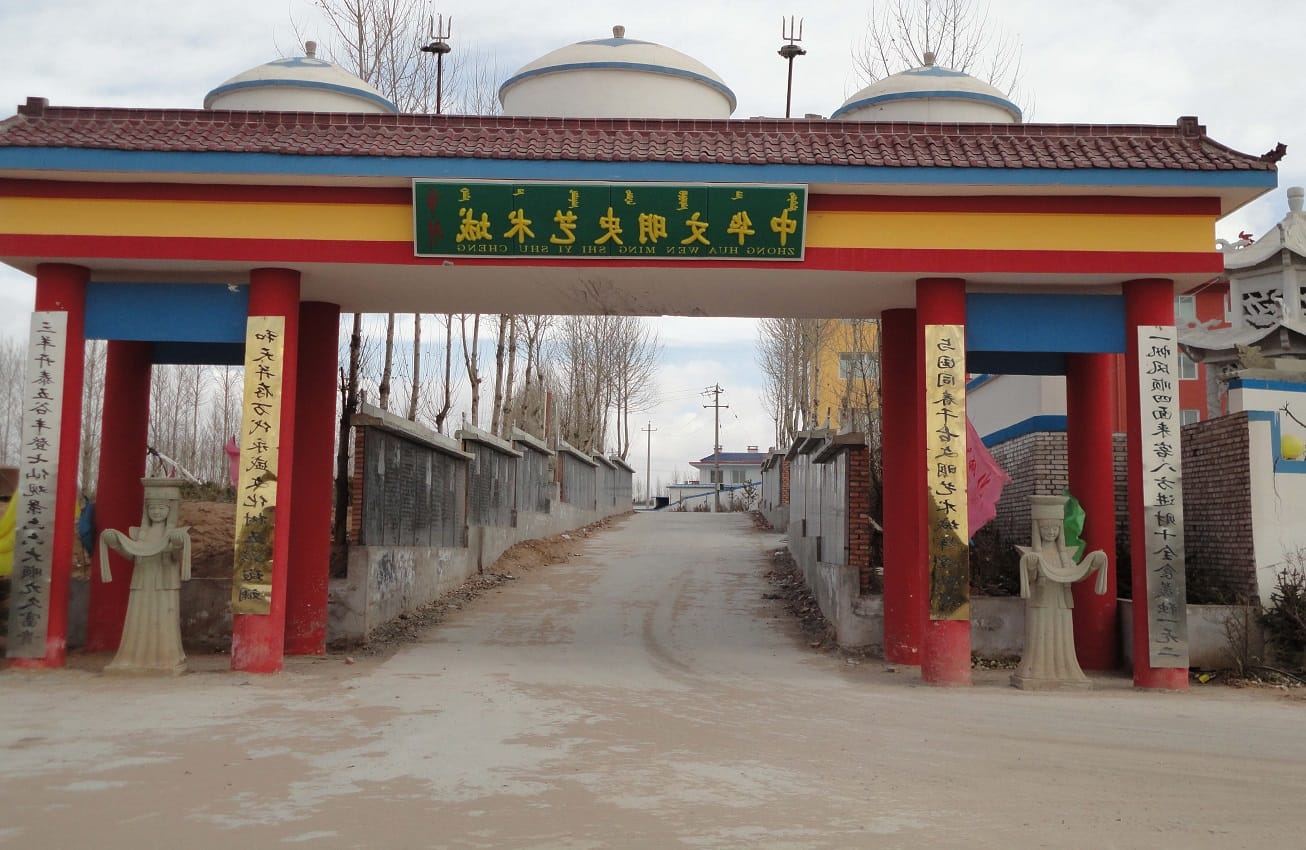
A History of Chinese Civilization essay
China is one of the oldest civilizations in the world, whose history goes back 3,500 years. Although there is no denying of the contribution of China to the development of arts and sciences, the military achievements of China are still underestimated in the West. Traditionally, the history of China is divided by periods of the reign of dynasties, which were named after their founder. Thus, the main aim of this assignment is to observe the Shang and Zhou dynasties of early China.
First of all it is important to state that the Shang dynasty was the heir of the semi-mythical Xia dynasty and, preceded the Zhou dynasty. The Shang dynasty is considered to be the first Chinese dynasty, the reality of which is confirmed by archaeological findings, which were held at 20-30 years of XX century. In such a way, exactly at present times, everything that is connected with the Shang is not questioned, and the area around Anyang is the most developed archaeological place in the world. For millennia, the mysterious Shang has excited the minds of many historians, and it was also a subject of fantasy and speculation. But everything has greatly changed, and the time of the Shang began to revere as “Golden Age” of ancient China.
Moreover, thinking about distinctive features of the Shang dynasty, it becomes obvious that the period of the Shang dynasty is characterized by the development of an aristocratic society, where the family was the basic social structure. In addition, the Chinese already knew how to grow silkworms and how to produce silk fabrics during the Shang period. Since then, China has entered the history of the civilized era.
To continue, a number of independent states which were engaged in a struggle has developed by the end of the II millennium B.C. in China. The Zhou was the strongest among them. The Zhou people initially consisted of a group of nomadic pastoralists who have settled in the fertile river valley in western China. They overthrew the last king of the Shang dynasty, who was a cruel tyrant, and drunkard. According to Gernet “to justify their conquest the Shang were discredited of they’re rule as violators of the “Mandate from Heaven”, claiming that the mandate had been passed from the Shang house to the more worthy Zhou” (Gernet, 1996).
In such a way the Zhou territory was not a single state, and represented a number of large estates, the rulers of which were subordinate to the king. The society was divided into the rich nobility, ordinary people and slaves, there also existed the class of merchants. The representatives of this dynasty brought with them new skills in metal work, which were important to make various weapons and tools. The new metal provided the Chinese victory in the wars, as the metal was strikingly strong.
To sum up, the Zhou dynasty is an important period in Chinese history. Moreover, the Zhou was not only the longest dynasty in Chinese history, but it was also the heyday of the ancient Chinese civilization. The philosophy of Confucianism and Taoism, which originated during the Zhou dynasty, has influenced all subsequent generations.
In conclusion, we have briefly observed the Shang and Zhou dynasties with all necessary details, dwelling on their distinctive features and their impact on the further development of the ancient China.

